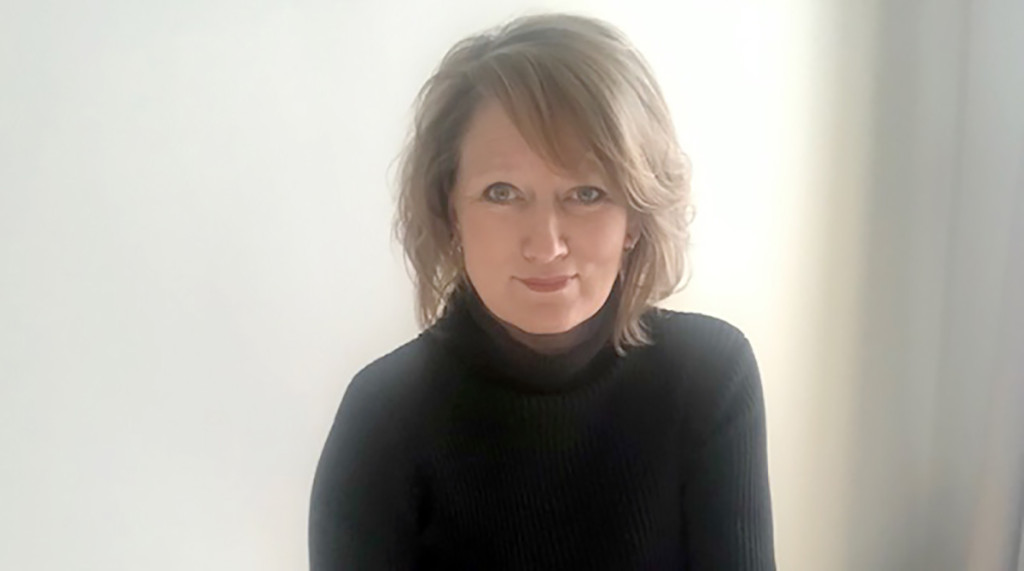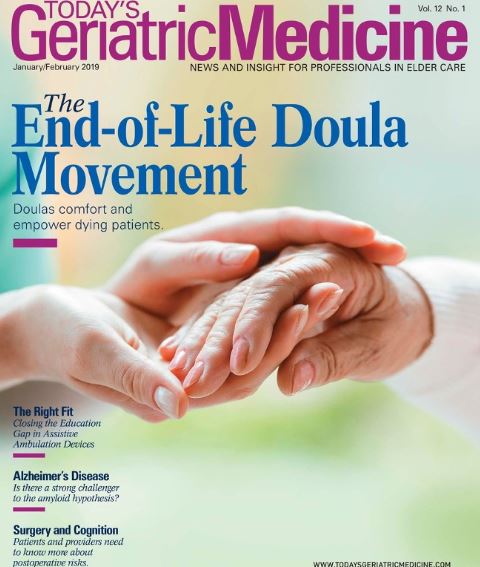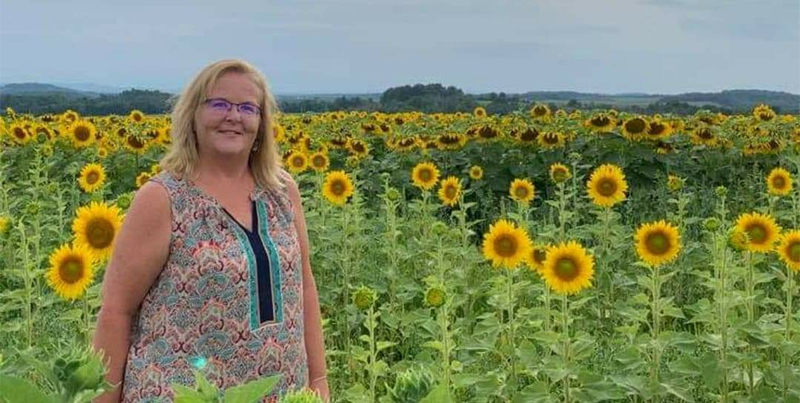Feelings of grief and loss are often profound at the end of life—both for the dying and their loved ones. But what about forgiveness and finding inner peace?
It’s more complicated.
“Sometimes grief is possible when forgiveness is not,” says Angela Shook, a UVM End-of-Life Doula Professional Certificate instructor. “Forgiveness can’t—and shouldn’t be—forced upon anyone. Forced forgiveness isn’t authentic, and I encourage the dying to honor and explore their true feelings.”

In a February 2023 interview with WellandGood.com, an online wellness publication, Shook recommends holding space for the dying to process however way feels right for them.
“They have the right, ability, and safe place to feel their emotions, whatever they may be,” Shook says. “I try to meet them where they are and offer a nonjudgmental space to review their life and experiences as they choose. We can bear witness to unresolved conflicts and resentments without pushing for forgiveness. We can allow them just to be.”
Shook previously worked at Children’s Miracle Network Hospitals and Hospice Care of Southwest Michigan. She is a practicing end-of-life doula and teaches in UVM’s online 8-week End-of-Life Doula program, which is designed for aspiring doulas, end-of-life care practitioners, hospice and palliative care volunteers, health care professionals, and family caregivers.
She points out that expecting a dying person to offer forgiveness can place them with an additional burden.
“They may already be facing physical, mental, emotional, or spiritual pain of their own. They may be scared, fearful of what comes next, and dealing with all of that on an already depleted energy bank,” she says. “Even when someone forgives, they do not forget. It does not guarantee peace and does not necessarily mean reconciliation. Everything isn’t just suddenly fixed.”
Instead, Shook says that grief can be healing and help someone die in peace. Perhaps they can allow themselves to grieve for the loss of a relationship or the pain they endured at the hands of a family member or friend.
“When there’s the loss of an innocent childhood, a broken marriage, addiction issues that caused resentment, a significant breach of trust—for the dying and anyone else—they don’t need to forgive to find their own peace.”
“Forgiveness is often about someone else and making them feel better. Forgiveness of self can be more powerful than forgiveness of others.”
Angela Shook, UVM End-of-Life Doula Instructor
When forgiveness does happen at the end of life, it’s a gift, Shook says.
“However, I think we need to normalize that not everyone finds peace at the end of life. That forgiveness by the dying, or of the dying, is not mandatory,” she says. “Just as in life, relationships and love are imperfect, and death doesn’t change that.”
She adds, “Finding peace is very personal. It’s not the same for everyone, and not everyone finds it. And that’s OK, too.”
Interested in UVM’s End-of-Life Doula Professional Certificate?
Learn moreInterested in UVM’s Companion Animal End-of-Life Professional Certificate?
Learn more



